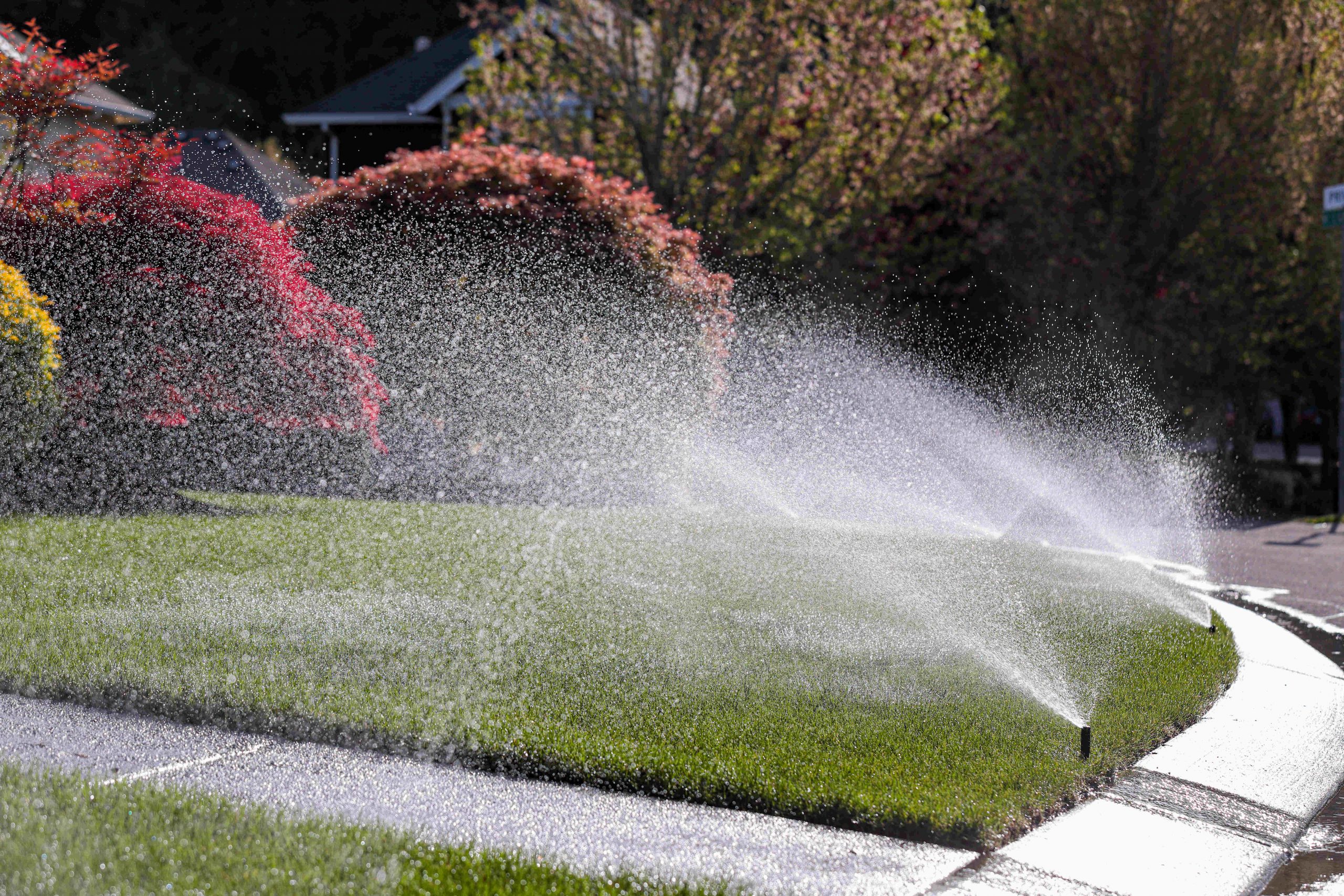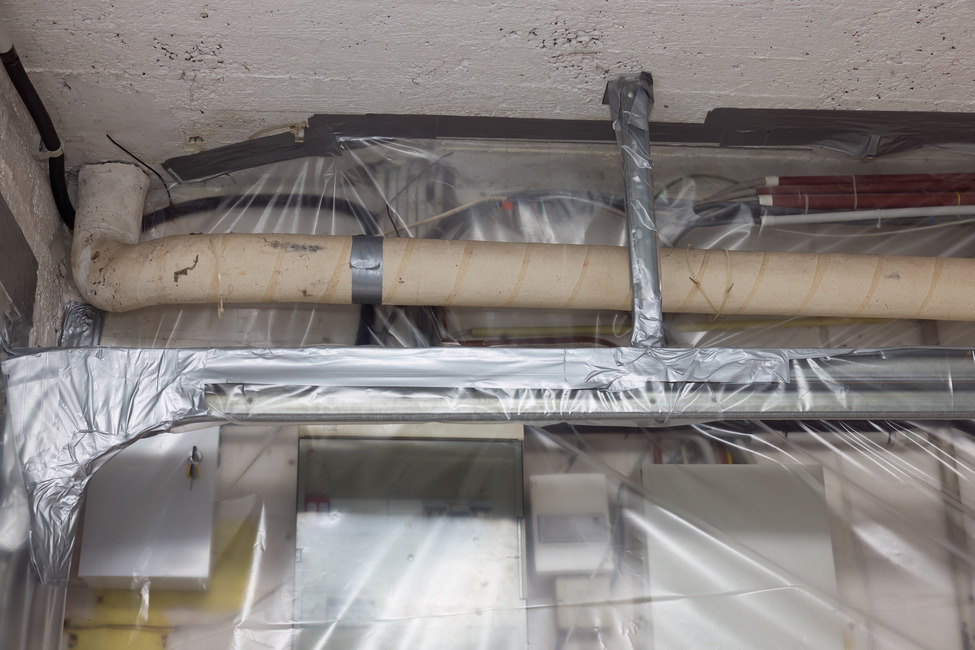Table of Contents
Navigating Home Protection: Home Warranty vs. Homeowners Insurance
Understanding the difference between a home warranty and homeowners insurance is crucial for homeowners. While both offer protection, they cover different aspects of your home and possessions. This Casability guide breaks down the differences to help you make informed decisions about safeguarding your home.

Home Warranty: Appliance and System Protection
What It Covers
Coverage Focus: Home warranties typically cover the repair or replacement of major home systems and appliances. This type of coverage ensures that when essential components of your home fail due to normal wear and tear, you're protected from the high costs of repairs.
Common Inclusions: Heating systems, electrical systems, plumbing, kitchen appliances, washers, and dryers. These warranties are particularly beneficial for items that are used frequently and have a higher likelihood of breaking down over time.
How It Works
Service Agreements: A home warranty is essentially a service contract. You pay an annual fee for the contract, and when a covered item breaks down, you can call the warranty company.
Repair and Replacement: When a covered item breaks down, the warranty company arranges for a technician to fix or replace it. This process simplifies the repair process, as the warranty company manages the logistics and costs, minus any service call fees.
Cost and Duration
Annual Contracts: Home warranties are usually annual contracts that can be renewed. This provides homeowners with the flexibility to extend their coverage based on their needs.
Fees: In addition to the annual fee, there's often a service call fee for repairs. These fees are typically much lower than the out-of-pocket costs for major repairs or replacements without a warranty.
Homeowners Insurance: Home and Property Safety Net
What It Covers
Coverage Scope: Homeowners insurance provides financial protection against loss due to disasters, theft, and accidents. This type of insurance is crucial for protecting the structural integrity of your home and your personal belongings.
Typical Coverage: Includes the structure of the home, personal belongings, liability protection, and living expenses during home repairs. This comprehensive coverage ensures that you are protected from significant financial loss due to a wide range of potential hazards.
How It Operates
Claims Process: In the event of damage or loss, you file a claim with your insurance company. The company will assess the damage, determine coverage, and provide compensation based on your policy terms.
Deductibles and Payouts: Insurance policies have deductibles, and the company pays out for covered damages minus the deductible. This means you share in the cost of a claim up to the deductible amount, with the insurance covering the remainder.
Cost and Policy Terms
Premiums: Insurance premiums vary based on home value, location, and coverage level. Premiums can be adjusted based on factors such as additional coverage options or increased risk factors in your area.
Policy Periods: Policies are typically annual and can be renewed or modified as needed. This allows homeowners to adjust their coverage based on changes in their home’s value or risk factors.
Key Differences: Warranty vs. Insurance
Distinct Purposes
- Home Warranty: Focuses on the wear and tear of home components. It is ideal for covering the costs associated with aging appliances and systems.
- Homeowners Insurance: Protects against unexpected events like fires, storms, or theft. It provides a safety net against major financial loss due to unforeseen incidents.
Financial Aspects
- Warranty Costs: Generally lower in cost but includes service fees. Home warranties are affordable annual contracts that include service call fees for each repair.
- Insurance Costs: Premiums are influenced by risk factors and coverage limits. Homeowners insurance can vary significantly in cost based on location, home value, and the extent of coverage.
The Importance of Both
Comprehensive Protection
- Balanced Coverage: While a home warranty covers appliance breakdowns, insurance covers major disasters. Together, they provide a well-rounded protection plan for your home.
- Financial Planning: Having both can provide peace of mind and financial protection. This dual coverage strategy ensures that you are prepared for both minor and major home-related expenses.
Choosing the Right Coverage
Assessing Your Needs
- Home Age and Condition: Older homes might benefit more from a warranty due to the increased likelihood of system and appliance failures.
- Location Risks: Consider local risks like floods or earthquakes for insurance. This will help you choose the appropriate level of coverage based on environmental and geographic factors.
Both a home warranty and homeowners insurance play vital roles in protecting your home and finances. A home warranty covers the costs of repairing or replacing worn-out appliances and systems, while homeowners insurance covers damages from unforeseen events. As a homeowner, understanding and choosing the right type of protection is crucial. Casability is here to guide you through these choices, ensuring you have the right coverage for your home’s needs.





